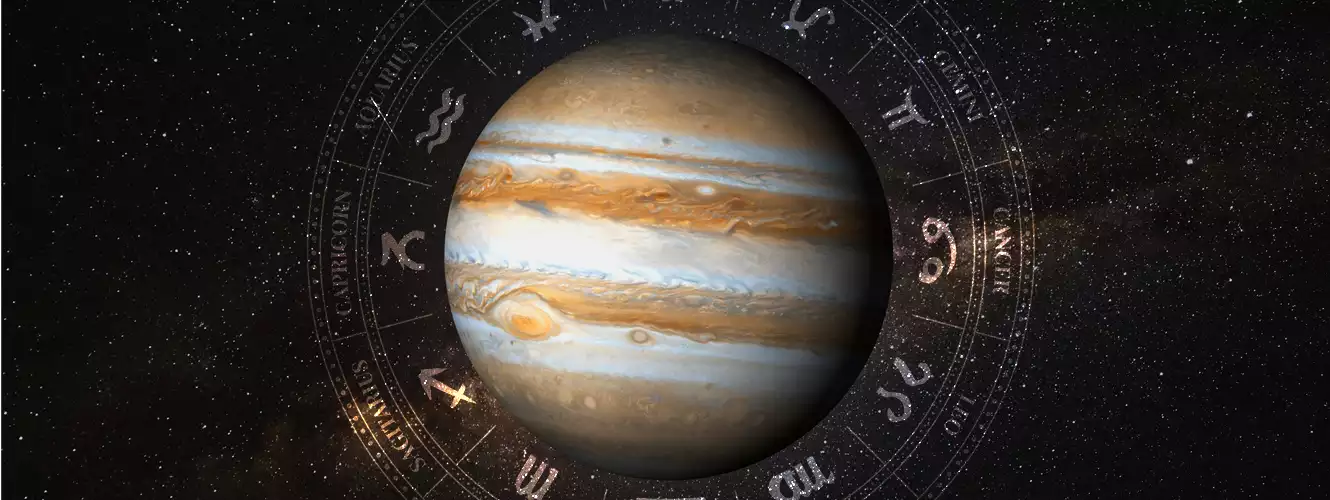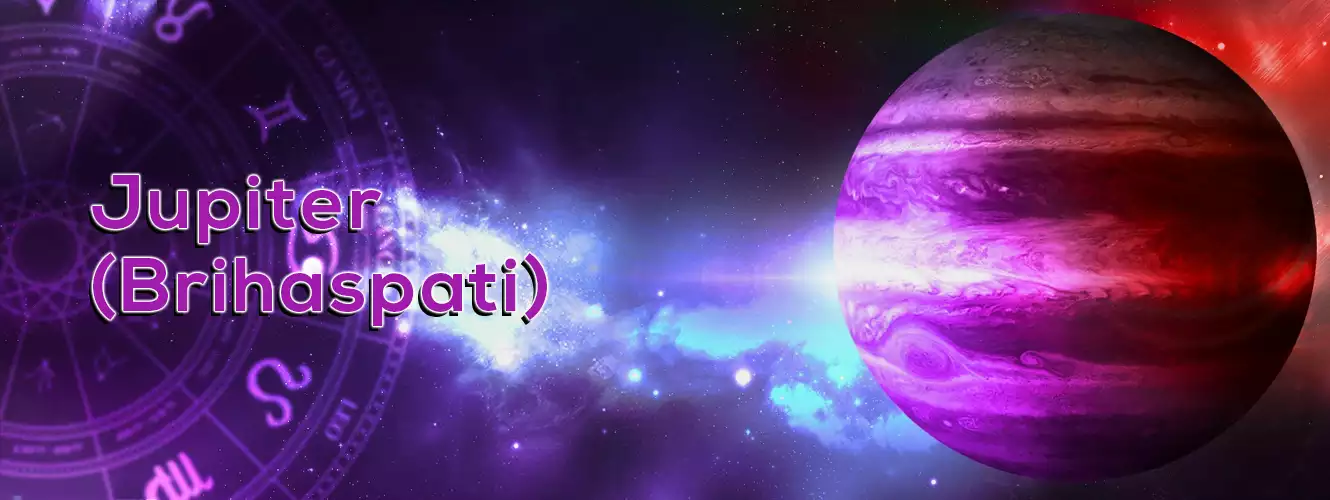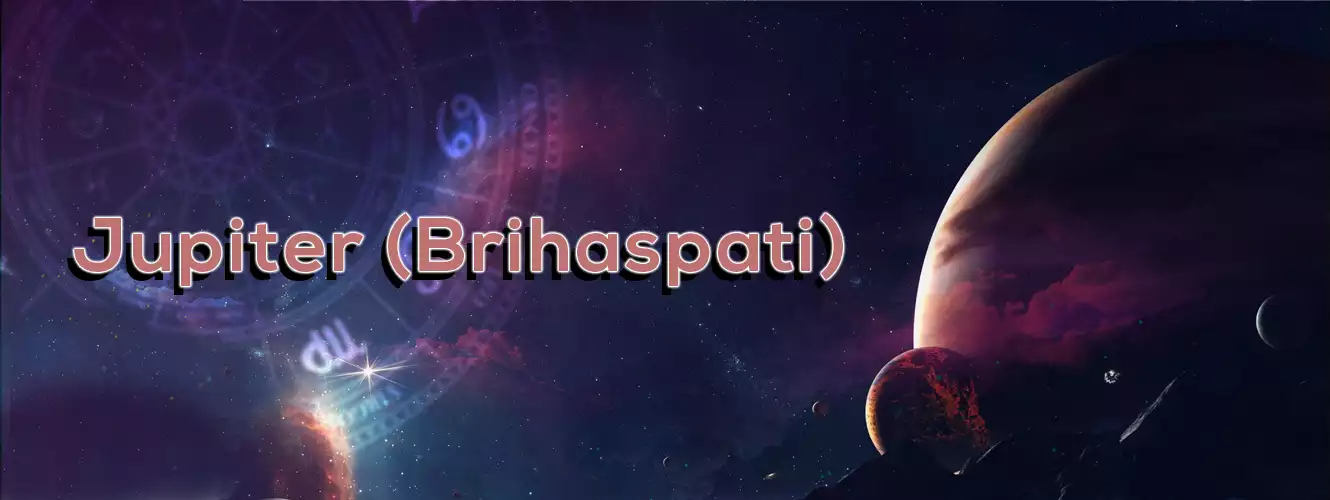





Planets of Astrology
In the captivating realm of astrology, where the cosmos and human existence intertwine, planets of astrology play a pivotal role as celestial storytellers. These celestial bodies, each with its unique characteristics and symbolism, dance through the night sky, casting their influence on the tapestry of our lives. As we journey through the cosmic landscape, let’s unravel the significance of planets in astrology and their profound impact on our personalities, relationships, and destinies.
The planets in astrology are not mere objects in the night sky; they are cosmic storytellers that unveil the grand drama of human existence. From the fiery determination of Mars to the mystical depths of Rahu, each planet contributes a unique chapter to our individual stories. As we gaze at the heavens, we are reminded of the profound connection between the celestial and the earthly, a connection that has fascinated humanity for centuries and continues to guide us on our journey through the cosmos.
Chronological Order of The Planets of Astrology
To understand the effects and depths of the planets of astrology you need to learn about the planets of astrology first. The chronological order of the planets of astrology are as follows:
- Sun: The Sun, often referred to as the “center” of the astrological chart, represents the core essence of our identity. It symbolizes our ego, self-expression, and vitality. Just as the Sun illuminates the day, this luminary sheds light on our individuality, highlighting our strengths and aspirations.
- Moon: As the ruler of emotions, the Moon governs our inner world, intuition, and subconscious. Its waxing and waning cycles mirror the ebb and flow of human feelings. The Moon’s placement in the birth chart provides insights into our emotional landscape and how we nurture ourselves and others.
- Mercury: Mercury, the messenger of the gods, rules communication, intellect, and thought processes. Its position in the chart influences how we express ourselves, process information, and engage in dialogue. A well-placed Mercury can indicate eloquence, while challenging aspects might lead to misunderstandings.
- Venus: Venus, the planet of love and beauty, governs relationships, aesthetics, and values. Its position offers clues about our romantic inclinations, social interactions, and what we find attractive. Venus encourages us to seek harmony and appreciate the beauty in our surroundings.
- Mars: Mars, known as the warrior planet, embodies action, passion, and determination. It fuels our desires, ambitions, and willingness to overcome obstacles. Mars can signify how we assert ourselves and channel our energy, whether through assertiveness or impulsivity.
- Jupiter: Jupiter, the largest planet, represents growth, abundance, and expansion. It brings opportunities, wisdom, and optimism to our lives. A strong Jupiter can signify good fortune, while its influence encourages us to broaden our horizons and seek higher knowledge.
- Saturn: Saturn, often referred to as the taskmaster, symbolizes responsibility, discipline, and life lessons. Its influence teaches us the value of hard work, patience, and the rewards that come from enduring challenges. Saturn’s placement indicates where we need to take responsibility and build a solid foundation.
- Rahu: In astrology, Rahu is considered a malefic influence, often associated with deception, sudden events, illusions, and materialistic desires. It is believed to represent unfulfilled desires from past lives, and its placement in a person’s birth chart is said to indicate the areas of life where these desires manifest. Rahu’s influence can be both challenging and transformative.
- Ketu: Ketu is often considered a malefic influence in Vedic astrology, associated with spiritual evolution, detachment, and past-life karmas. Its placement in a person’s birth chart is believed to indicate the areas of life where one’s past influences, spiritual lessons, and karmic debts manifest.
Importance of Planets in Astrology
The planets of astrology hold immense importance in astrology as they serve as the primary factors through which astrologers interpret and analyze an individual’s birth chart. These celestial bodies represent a rich tapestry of energies, archetypes, and influences that shape various aspects of a person’s life. Here’s why planets are of paramount significance in astrology:
- Symbolic Representations: Each planet embodies specific qualities, energies, and archetypal meanings. They symbolize fundamental facets of human experience, such as personality traits, emotions, communication styles, relationships, ambitions, and spirituality.
- Personal Characteristics: The positions of planets in the birth chart contribute to an individual’s personality traits, tendencies, and behaviors. For example, the placement of Venus might indicate one’s approach to love and relationships, while the position of Mars could reveal how they assert themselves.
- Life Events and Themes: The movement of planets through the birth chart triggers various life events and themes. Transits—when planets in the current sky interact with planets in the natal chart—indicate opportunities, challenges, and developmental phases.
- Timing and Cycles: Planetary transits and progressions play a vital role in timing significant life events. For example, a Saturn return—a transit that occurs approximately every 29 years—often marks a time of maturity, responsibility, and life restructuring.
- Relationship Dynamics: Planets represent different relationship dynamics. Venus signifies love and harmony, while Mars represents passion and action. Understanding these dynamics can provide insights into compatibility and interactions with others.
- Emotional Landscape: Certain planets, like the Moon, hold sway over emotions and inner feelings. The Moon’s placement in a sign and house provides insights into emotional needs and responses.
- Career and Ambitions: Planets influence career inclinations and ambitions. Jupiter might reflect opportunities for growth and expansion, while Saturn can indicate areas where hard work and discipline are required.
- Inner Development: Planets contribute to an individual’s inner journey and personal growth. Challenges presented by difficult planetary placements can encourage self-awareness and transformation.
- Astrological Aspects: As planets interact with one another through aspects (angular relationships), they create a complex interplay of energies. Aspects offer nuanced insights into how different planetary influences blend or clash.
- Cultural and Mythological Context: Planets are rooted in cultural, mythological, and historical contexts. They connect us to ancient belief systems and stories that have shaped human understanding for centuries.
In summary, planets in astrology act as lenses through which astrologers interpret the complexities of human experience. Their placements, relationships, and movements offer a comprehensive map that guides us through various life domains. However, it’s crucial to remember that astrology is a multifaceted practice. The interpretation of planets involves considering not only their individual meanings but also their interactions with signs, houses, aspects, and the unique configuration of the birth chart as a whole.
























